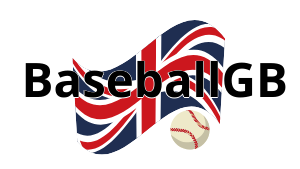Yesterday’s mail contained a wonderfully generous donation to Project COBB from Jon Prescott, who umpired many British baseball games during the years after World War II when the sport was slowly…
Tag:
East Hull Aces
-
-
This article resulted from a piece of historical research that cost nothing and took less than 10 minutes, but I think the result is magnificent. I did not write that…

